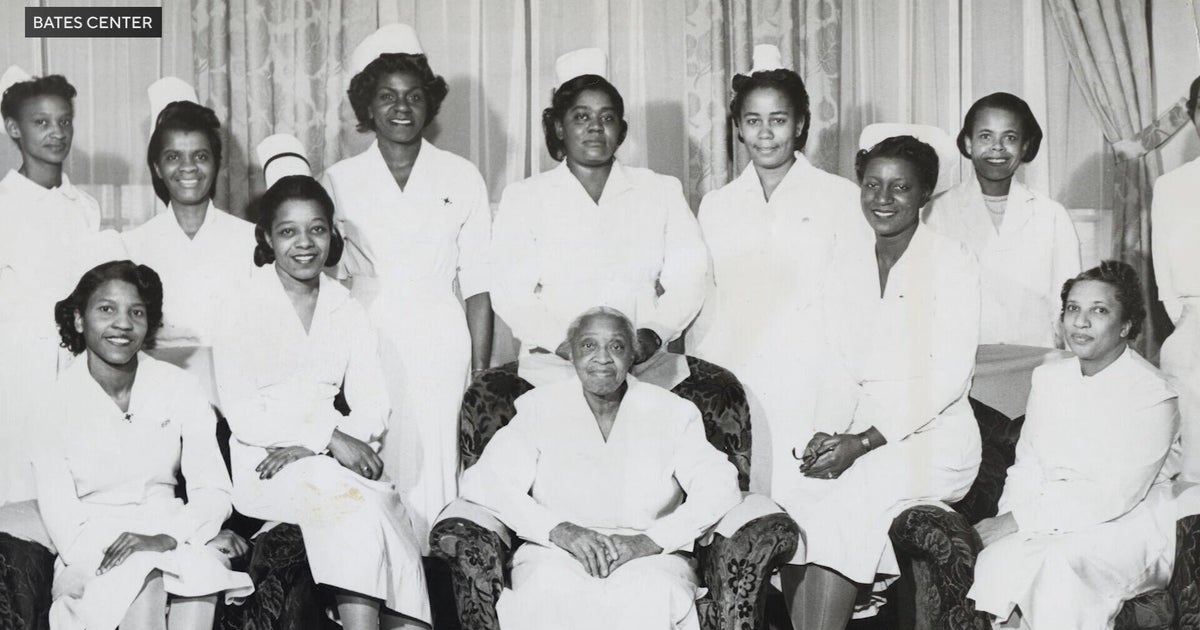Coronavirus lockdowns are making the workday longer
Many Americans who abruptly shifted to working from home amid the coronavirus pandemic say they're putting in longer hours, getting less rest and sometimes even burning out as the boundary between work and home disappears.
Now research is backing up such reports. In cities that experienced virus-related lockdowns, workers spent nearly an hour longer on email than they did before the crisis, according to a new working paper from the National Bureau of Economic Research.
The researchers, from Harvard Business School and NYU Stern School of Business, used anonymized email data to analyze the work habits of more than 3 million people spread out among 16 cities that were locked down. Their conclusion: People worked an average of 48.5 minutes more per day, compared with the pre-virus period.
The lengthening workday began even before lockdowns were officially announced, the researchers found — an indication that workers and companies were scrambling to adjust in preparation of formal work-from-home orders.
The findings add to other evidence that working from home — while protecting employees from exposure to COVID-19 — also point to new sources of stress. Many employers have implemented productivity-tracking systems for newly remote workers. Even in the absence of formal metrics, employees may feel pressured to compensate for a lack of face-to-face time with their colleagues by being more visible online.
"It doesn't seem like telecommuting is used by people to replace work hours. When people telecommute, they use it mostly to do more work," according to Mary Noonan, a sociologist at the University of Iowa. A 2017 study she co-authored comparing onsite and remote workers at the same company found that telecommuters do three more hours of unpaid work a week than their on-site colleagues.
Those estimates may be on the low side. In April, virtual private network provider NordVPN concluded that people were extending their workday by an average of three hours. And social media is rife with anecdotes of workers putting in much longer hours due to the pandemic, either because their workload increased or because they put in additional hours to set up their remote working system.
During lockdowns, workers also end up sending more emails and holding more meetings, the researchers found. However, the meetings were shorter than usual, with the result that total time spent in meetings actually decreased during the lockdown.
Since the lockdowns ended, some cities have returned to more typical work patterns. Workdays in Chicago, Los Angeles and Washington, D.C., have since returned to pre-lockdown lengths, according to the paper. But employees in cities such as New York and San Francisco in the U.S. and London, Madrid and Rome in Europe are still working longer-than-typical hours.
To be sure, it's hard to say if the longer workday translates into a heavier workload. The researchers note that workers may have "adopted a non-standard work schedule," in which they may work late hours but take longer breaks during the day.
Many businesses have announced plans to extend the work-from-home regime. Twitter says its 5,000 employees can work remotely "forever," while Facebook expects that fully half its workforce will work from home within a few years. A recent Gartner survey found that more than 80% of company leaders plan to have their staff work remotely at least part-time.
But as the NBER paper concludes, working from home can be a double-edged sword.
"On one hand, the flexibility to choose one's working hours to accommodate household demands may empower employees by affording them some freedom over their own schedule," according to the researchers. "On the other hand, the change in work schedule may be a consequence of a blurred distinction between work and personal life, in which it becomes easy to overwork due to the lack of clear delineation between the office and home."



